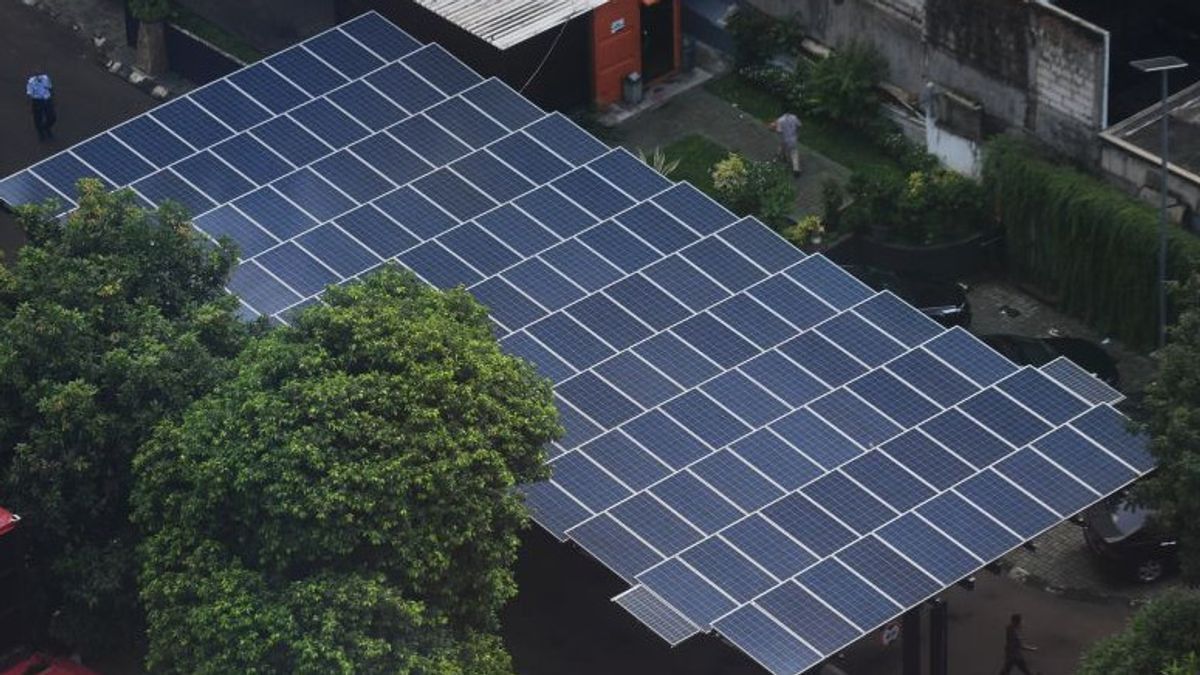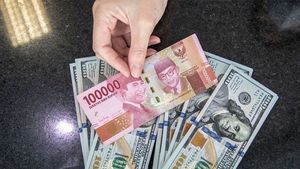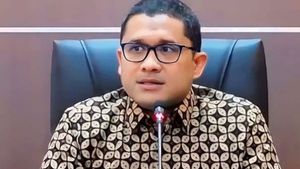JAKARTA - The Indonesian Laboratory Research Collaboration Team 45 (LAB 45) and the Center for Strategic and International Studies (CSIS) Indah Lestari revealed that the green economy transition in the country has various challenges. One of them is about funding.
These challenges lie in the allocation of green economy funding which is still competing with other economic issues, the weak public trust in instruments for financing renewable green energy, as well as the limited transparency of green funding and human resource capacity (HR).
"Based on our records, there are difficulties related to clarity for which party investors are right for certain funding, then how is the process of guaranteeing renewable energy financing which seems to be still at high risk," Indah said in the 45 LAB Webinar entitled Global Recession Threat: Green Economic Transition at Road Intersection, as quoted by Antara, Tuesday, October 25.
In addition to funding, he said another challenge in the green economy transition in Indonesia is from a regulatory and institutional perspective. Regarding regulations, research results recommend the government to immediately formulate complete regulations to accelerate the implementation and utilization of a green economy.
Meanwhile, in terms of institutions, the research team proposed the establishment of a task force related to the green economy. This task force can act as a cross-ministerial/institutional coordinator.
"Hopefully there will be permanent institutions that focus on coordinating the green economy problem," he said.
Meanwhile, the Coordinator for the Preparation of the Energy Conservation Program (PPKE) of the Directorate General of New, Renewable Energy and Energy Conservation (EBTKE) of the Ministry of Energy and Mineral Resources (ESDM) Qatro Romandhi added that the government has made various efforts to get to the energy transition.
"The Ministry of Energy and Mineral Resources has several implementation strategies to reduce the use of fossil energy and long-term new and renewable energy planning (EBT)," said Qatro.
The English, Chinese, Japanese, Arabic, and French versions are automatically generated by the AI. So there may still be inaccuracies in translating, please always see Indonesian as our main language. (system supported by DigitalSiber.id)













